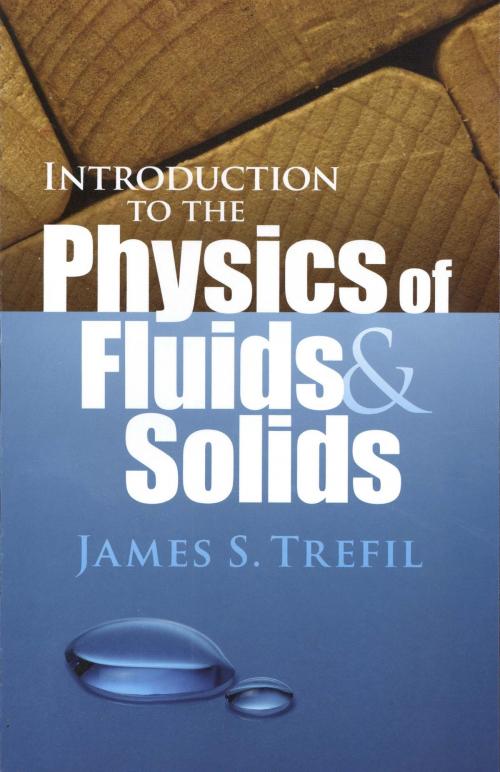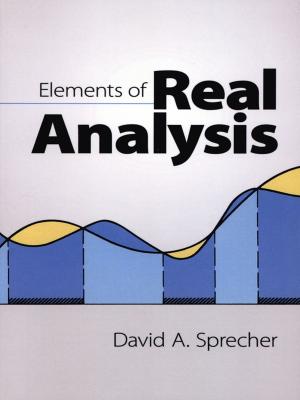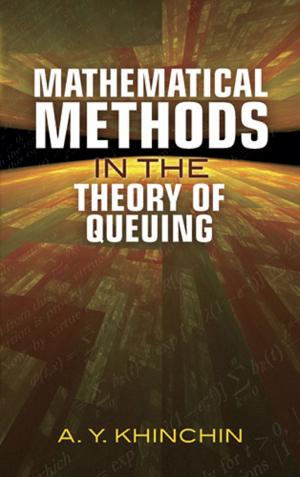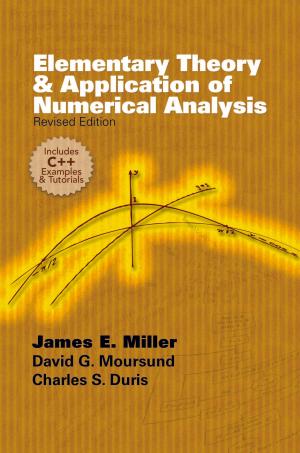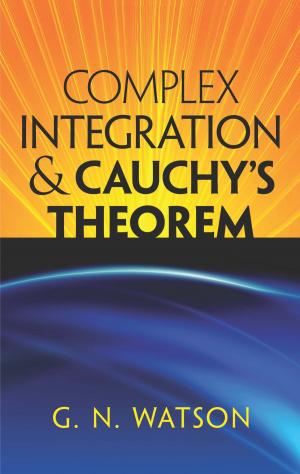Introduction to the Physics of Fluids and Solids
Nonfiction, Science & Nature, Science, Physics, General Physics| Author: | James S. Trefil | ISBN: | 9780486141732 |
| Publisher: | Dover Publications | Publication: | May 11, 2012 |
| Imprint: | Dover Publications | Language: | English |
| Author: | James S. Trefil |
| ISBN: | 9780486141732 |
| Publisher: | Dover Publications |
| Publication: | May 11, 2012 |
| Imprint: | Dover Publications |
| Language: | English |
Written by a well-known science author, this introductory text explores the physics of solids and the field of hydrodynamics. It focuses on modern applications, rather than mathematical formalism, with particular emphasis on geophysics, astrophysics, and medical physics. Suitable for a one-semester course, it is geared toward advanced undergraduate physics students and graduate science students. It also serves as a helpful reference for professional astronomers, chemists, and engineers.
Geophysical topics include the circulation of the atmosphere, vibrations of the earth, and underground nuclear tests. Subjects related to medicine include the urinary system and blood flow, and miscellaneous topics of interest include tides, Saturn's rings, the rotation of the galaxy, and nuclear fission. Each chapter offers many vivid examples of current interest, along with 10 to 15 problems that amplify the text and apply its teachings to new situations.
Written by a well-known science author, this introductory text explores the physics of solids and the field of hydrodynamics. It focuses on modern applications, rather than mathematical formalism, with particular emphasis on geophysics, astrophysics, and medical physics. Suitable for a one-semester course, it is geared toward advanced undergraduate physics students and graduate science students. It also serves as a helpful reference for professional astronomers, chemists, and engineers.
Geophysical topics include the circulation of the atmosphere, vibrations of the earth, and underground nuclear tests. Subjects related to medicine include the urinary system and blood flow, and miscellaneous topics of interest include tides, Saturn's rings, the rotation of the galaxy, and nuclear fission. Each chapter offers many vivid examples of current interest, along with 10 to 15 problems that amplify the text and apply its teachings to new situations.
